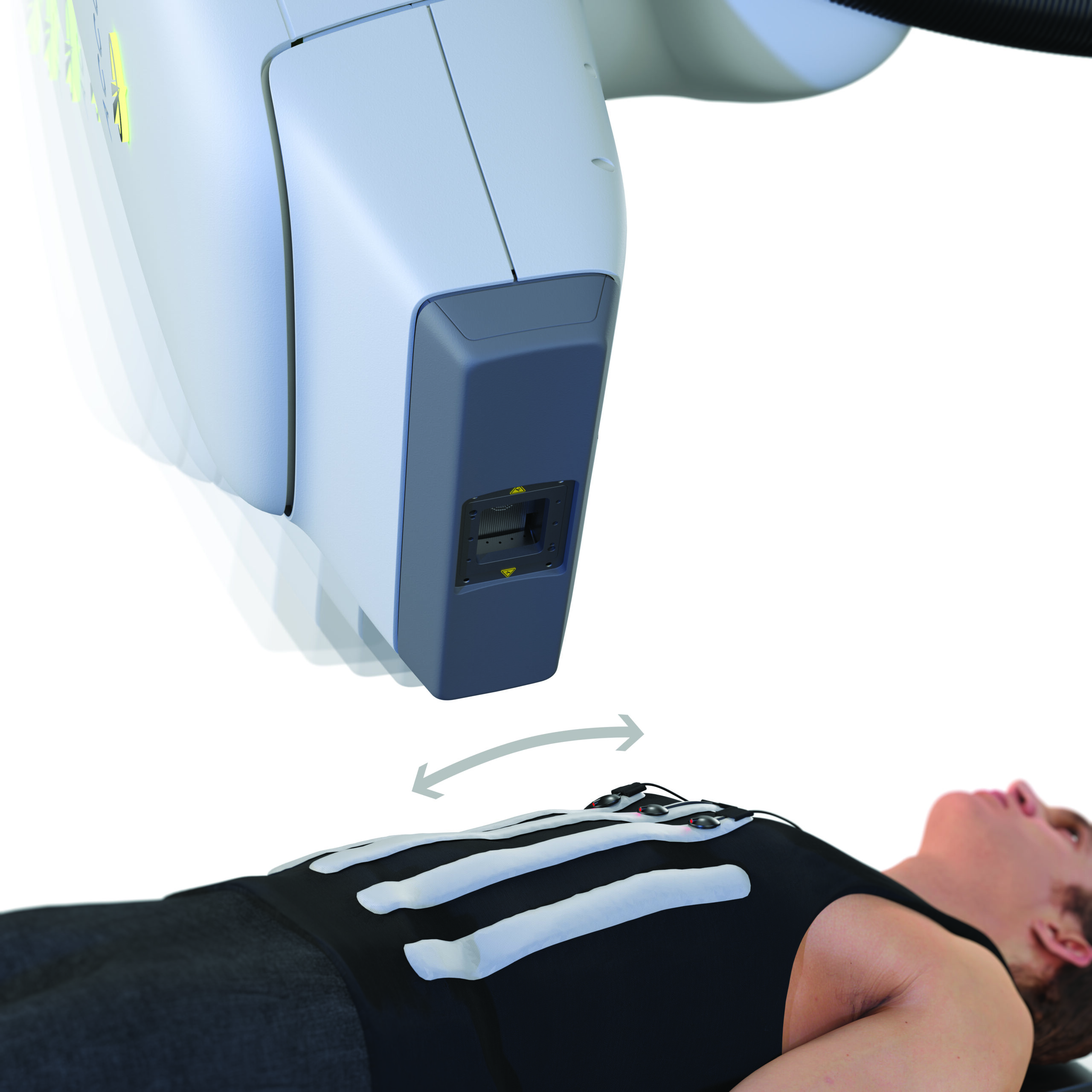What Are Some Advantages of the CyberKnife?
Cyberknife Is More Accurate Than Traditional Radiation Therapy. Because it’s able to target diseased tissue, Cyberknife SBRT is much more accurate than traditional radiation therapy. SBRT can deliver radiation to a margin of one to five millimeters surrounding a tumor.
Other Advantages:
- Pain free.
- No incisions.
- No anesthesia.
- Outpatient procedure.
- Little to no recovery time.
- Treats a variety of tumors and cancers.
- Five treatments or fewer.
- Experienced physicians.
Which is Better CyberKnife or Proton Therapy?
The accuracy (tissue margin) with Proton Therapy is 20 to 30 millimeters, as compared to only 1 to 5 millimeters with CyberKnife. The number of radiation beams with proton therapy is 2-3, as compared to 100-200+ beams with CyberKnife.
Is CyberKnife Better Than Gamma Knife?
While Gamma Knife has been around since the 1950s and boasts more clinical data, there is a growing body of evidence that shows CyberKnife provides equivalent results for certain tumors and a better outcome for others due to the increased accuracy during treatment as well as not being restricted to one session.
The CyberKnife System can treat tumors in the brain, head, neck, and throughout the body. The Gamma Knife, however, is limited to cancers in the brain and limited cervical spine areas, where movement can be stabilized with invasive head frames.
Is CyberKnife Better Than Surgery?
In many clinical situations, CyberKnife has local control and effectiveness that is equivalent to surgery. However, due to its non-invasive nature, the risk of side effects is significantly lower with CyberKnife. 2. Real-time tumor tracking results in less radiation to the nearby normal tissues.
What cancers does CyberKnife treat?
The CyberKnife system treats the following cancers and other benign tumors:
Brain cancer (benign and malignant)
Head and neck cancer.
Liver cancer.
Lung cancer.
Pancreatic cancer.
Prostate cancer.
Can CyberKnife cure brain tumor?
CyberKnife® is a non-invasive way to treat both benign and malignant primary brain and metastatic tumors in 5 treatments or less. The CyberKnife® System’s treatment accuracy is unrivaled. Its ability to treat tumors with pin-point accuracy is unmatched by other radiation therapy and radiosurgery systems.
How long does it take CyberKnife to work?
How long does it take for treatment to take effect? CyberKnife treatment results may take weeks or months to detect. The outcome depends on the condition being treated. Anova will monitor a patient’s progress through periodic follow-up examinations and imaging tests such as MRIs and CT scans.
How do you feel after CyberKnife?
There are minimal side effects from CyberKnife treatment. The most common side effect is fatigue. Most of the time, patients are able to go back to their usual activities but will need someone to drive them home immediately after treatment.
How long does fatigue last after CyberKnife?
You may find you feel mildly fatigued for a couple of days. However, most patients are back to work and normal activity levels within a day or two.
How many treatments is CyberKnife?
CyberKnife treatments are typically performed in 1 to 5 sessions. The CyberKnife System has more than two decades of clinical proof and has helped thousands of cancer patients.
How many times can you do CyberKnife?
Treatments are performed on an outpatient basis, with each treatment lasting between 30 to 90 minutes. The number of treatments vary depending on the tumor size, location and shape, but typically only one to five daily sessions are required.
How is CyberKnife treatment done?
CyberKnife uses a high-energy X-ray machine on a robotic arm to precisely deliver radiation beams that destroy tumor cells and stop tumor growth while avoiding damage to healthy tissue. The treatment process is the same for each CyberKnife patient.
Is CyberKnife covered by insurance?
The CyberKnife procedure, like other stereotactic radiosurgery, is generally covered by most insurance plans as well as Medicare.
Can you have CyberKnife more than once?
Patients are often told they cannot have more radiation therapy once they have been treated with it. Treatment with the CyberKnife is the exception to this rule and many patients have benefitted from it.
If you or a loved one are in this situation it may be valuable to arrange for a consult with board certified radiation oncologist, Dr. Mark Pomper at the CyberKnife Center of Miami.
CyberKnife Miami is the most experienced CyberKnife team in South Florida because we’ve been doing it longer than anyone else here.
If a doctor tells you they have the same thing as CyberKnife, and it’s not CyberKnife, then it’s not the same thing. Contact a CyberKnife center near you for a consultation. Chances are, you’ll be happy you did.
At CyberKnife Miami we take on the most difficult cases that other centers won’t because we’ve been doing this the longest and know what works and what doesn’t. Plus due to our vast experience, we teach others how to use the lifesaving technology.
In addition, we know how difficult a cancer diagnosis is. We make this process as easy as possible for you, getting you treated as effectively and quickly as possible, so you can get on with your life. Call CyberKnife Miami at 305-279-2900.

